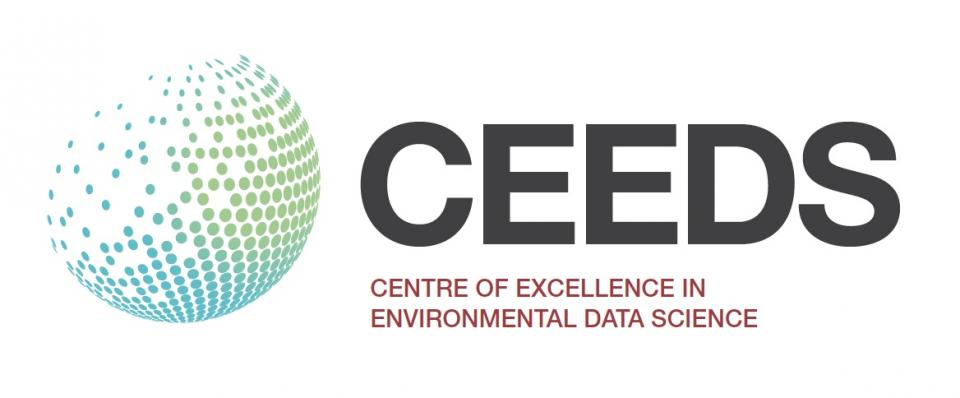
CEEDS Workshop on Machine Learning
On 25th June 2021, we held a CEEDS Workshop on Machine Learning led by Dr Ce Zhang (UKCEH) to follow-up on the successful CEEDS Machine Learning seminar that took place last year in October (CEEDS Seminar: Machine Learning for the Natural Environment). The workshop aimed to initiate new research collaborations between Lancaster University and the UK Centre for Ecology & Hydrology (UKCEH) related to the fundamental and crucial research area of machine learning.
The workshop kicked-off with a high-level introduction from Dr Chris Nemeth. This covered the current predominant areas of machine learning research over four departments at Lancaster University: 1) Mathematics and Statistics; 2) Computer Science; 3) Environment Centre and 4) Operational Research (within the Management School). Chris further broke each department into specific research areas such as computational statistics, time series analysis, geospatial data science, AI and distributed systems etc., and highlighted some of key research projects, including the EPSRC/NERC funded DSNE project. In addition, the CEEDS Python and R coding clubs were introduced and members encouraged to join to help each other. Moreover, the dedicated cross-disciplinary centres at Lancaster University were introduced, such as the Lancaster Intelligent Robotic and Autonomous Systems Centre (LIRA). The introduction helped staff in both organisations identify expertise that may be useful in future research collaborations.
The workshop introduction was followed by a technical session that demonstrated how to get started in machine learning. This involved two technical talks from Mark Logie (UKCEH) and Matt Amos (Lancaster University) on their experience of using machine learning for environmental science applications. Mark focused on machine learning with R, where the Keras library is available to R users as a well-established toolset. Mark used a flower image classification example to show how someone with no machine learning experience could quickly set up a project to run a simple image classifier. Alternatively, Matt focused on machine learning in Python and discussed how environmental scientists could find machine learning approaches overwhelming to begin with. He signposted some of the main introductory packages (sklearn and keras) and demonstrated a few easy to implement examples in Python. These technical sessions were extremely welcomed by machine learning beginners to learn how to get into this field and apply ML as a tool to help tackle environmental challenges.
The workshop then discussed what was needed in order to overcome the entry barrier in terms of getting started with machine learning. For this discussion participants were split into five breakout rooms, with each room discussing the challenges faced by practitioners who want to use machine learning in their research and what types of problems are the most suited to machine learning algorithms, as well as the situations where machine learning might not be appropriate. Groups actively posted their thinking and ideas onto the Jamboard (https://jamboard.google.com/d/1W_te4iAW36S0qlIRRo1Q9OU2UV-ll0u5zSqXbqCWPrk/edit?usp=sharing). Each group then reported back a summary of their discussions and interesting findings to all participants.
The final session of the workshop focused on plans for future activities through CEEDS around machine learning. For example, potential research collaborations, jointly supervised PhD projects, funding applications, etc.
The workshop was extremely successful and led to key ideas to take this area forward given its importance to CEEDS. The workshop organisers would really like to hear more from our CEEDS community about the follow-up activities and suggestions on dedicated events. Please contact Dr Ce Zhang (UKCEH), Dr Chris Nemeth (LU) and Dr Tom August (UKCEH) directly, or submit ideas to the Jamboard created for this Workshop.

